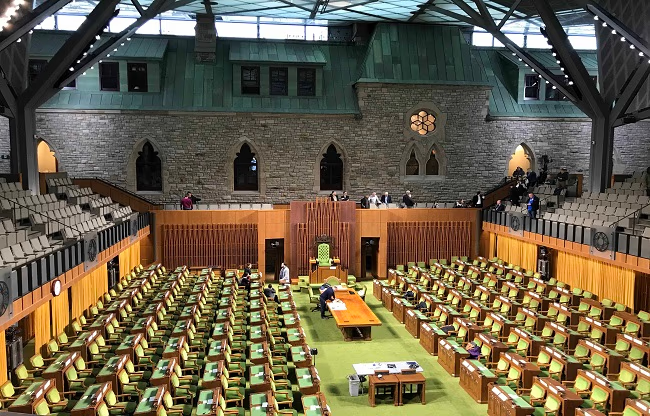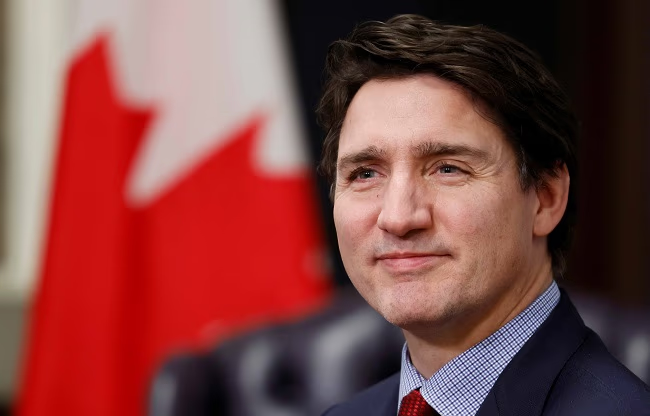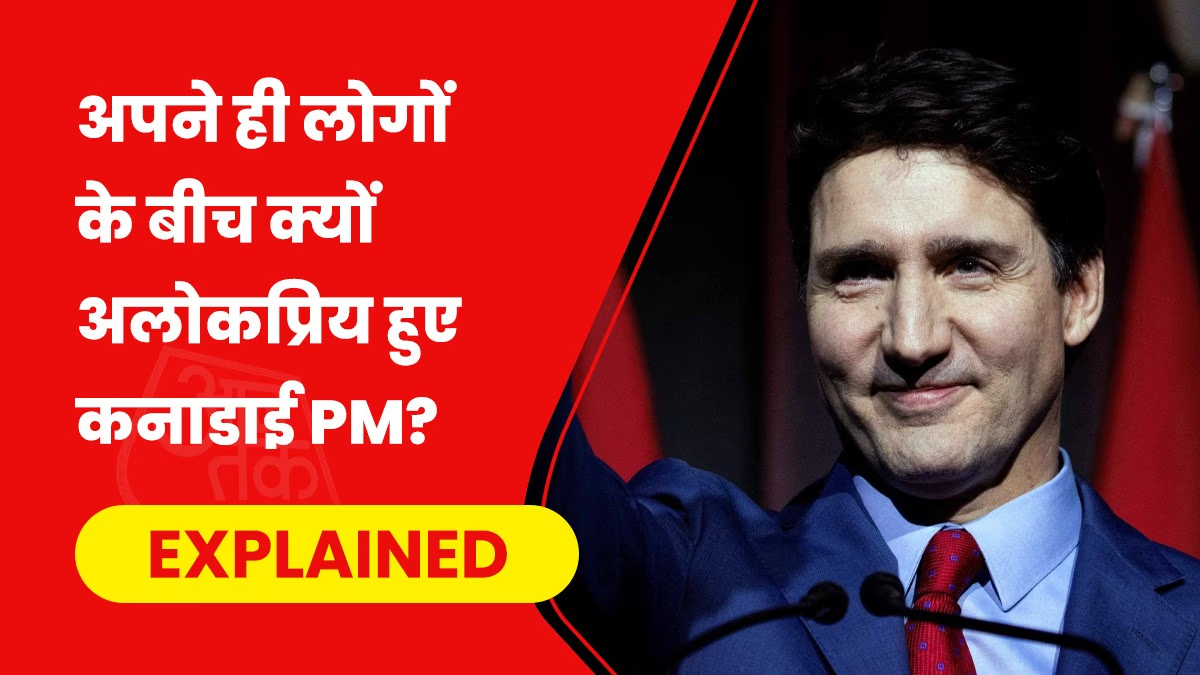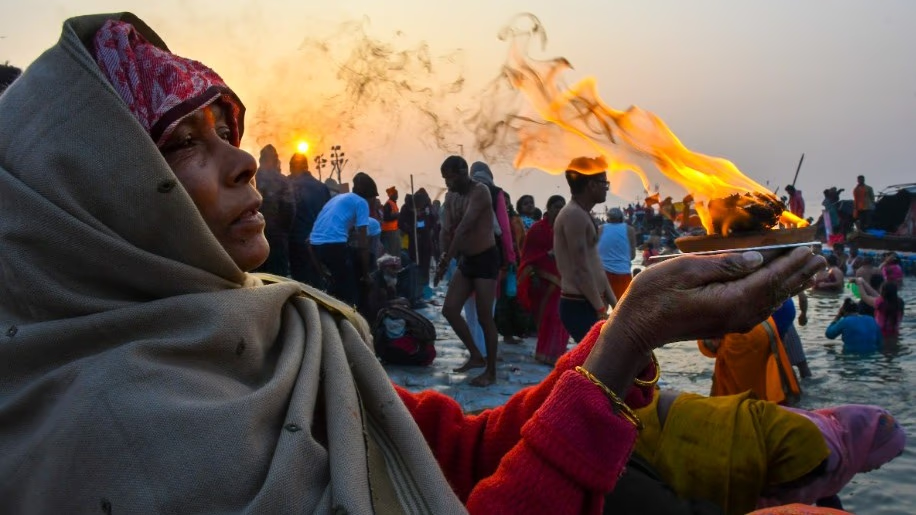As Canada approaches its federal elections this October, there are doubts whether Prime Minister Justin Trudeau's government can hold on until then. The New Democratic Party (NDP), led by Jagmeet Singh, who has been supporting Trudeau’s minority government for the past two and a half years, has announced plans to withdraw support and bring a no-confidence motion. Singh intends to withdraw support by the new year as Trudeau's popularity declines rapidly both within his own party and country.
Are Trudeau’s attempts to appease the Sikh community hurting him more than helping, or is there something else stirring dissent among his own people?
Trudeau’s situation is reminiscent of the adage, 'When you chase two rabbits, you lose them both.' Back in 2015, at age 43, Trudeau became one of Canada's youngest leaders, swiftly rising to international fame until Donald Trump entered the American political scene in 2017.
When Trump sought to limit immigrants in the U.S., Trudeau boldly proclaimed his country's liberal policies, inviting those rejected in the U.S. to Canada. This led to a subtle rift in the global relationship between Canada and the U.S., with other nations gradually distancing themselves from Trudeau's policies.

Source: aajtak
Relying on Smaller Parties’ Aid
Trudeau's approach began to resonate negatively with Canadians, evident in the subsequent election results. By 2019, his popularity waned, forcing him to seek support from other parties to win the elections. The New Democratic Party was among them, led by Jagmeet Singh, a Khalistani separatist whose visa was denied by India in 2013. This same Sikh-majority party governs British Columbia. Initially, the NDP supported the government but is now moving towards a no-confidence motion against it.
Why Are Allies Withdrawing Support?
Why does the New Democratic Party appear displeased with Trudeau's Liberal Party? While Singh hasn't directly criticized, he expressed disapproval of Trudeau’s policies. On social media, Singh highlighted that the current government seems to have forgotten its duty to the common people, favoring the powerful instead. Despite significant efforts made for the Sikh community, Singh's diplomatic frustrations might be rooted deeper. Many predict the Liberals are headed for a loss in the upcoming elections, prompting parties to shy from supporting a waning government. The NDP follows this thread.
Unpopularity Among Citizens
Not only are support-giving parties withdrawing, but widespread discontent among citizens is also palpable. According to a recent Ipsos Global Market Research survey, about 73% of Canadians desire Trudeau's resignation. Even within the Liberal Party, 43% of supporters no longer see Trudeau as their leader.

Source: aajtak
Public Frustration: What’s Driving It?
- Rising inflation coupled with unemployment, reaching around 6.5% post-pandemic, burdens citizens. Trudeau’s tax policies exacerbate their woes. - His open-door immigration policy leaves locals feeling displaced in their homeland. After Trump tightened regulations, Trudeau welcomed immigrants, including Syrian refugees escaping ISIS, straining healthcare and job markets. - Allegations of scandals marred Trudeau’s reputation. In 2018, a journalist accused him of misconduct, with past allegations resurfacing. His 18-year separation from his wife further dented his image.
- On the global stage, Canada’s image under Trudeau’s leadership has dimmed, evident in major events where attention shifted from him, unsettling voters.
Does America’s Stance Affect This?
With Donald Trump's return, effects on both Canadian citizens and parties are evident. Recently, Trump threatened a 25% tariff on Canada. Such a move could heavily impact Canada’s economy. In hopes of avoiding Trump’s ire, even Liberal members appear ready to distance themselves from Trudeau. Though elections are slated for October, an impending January no-confidence vote might expedite the timeline.




